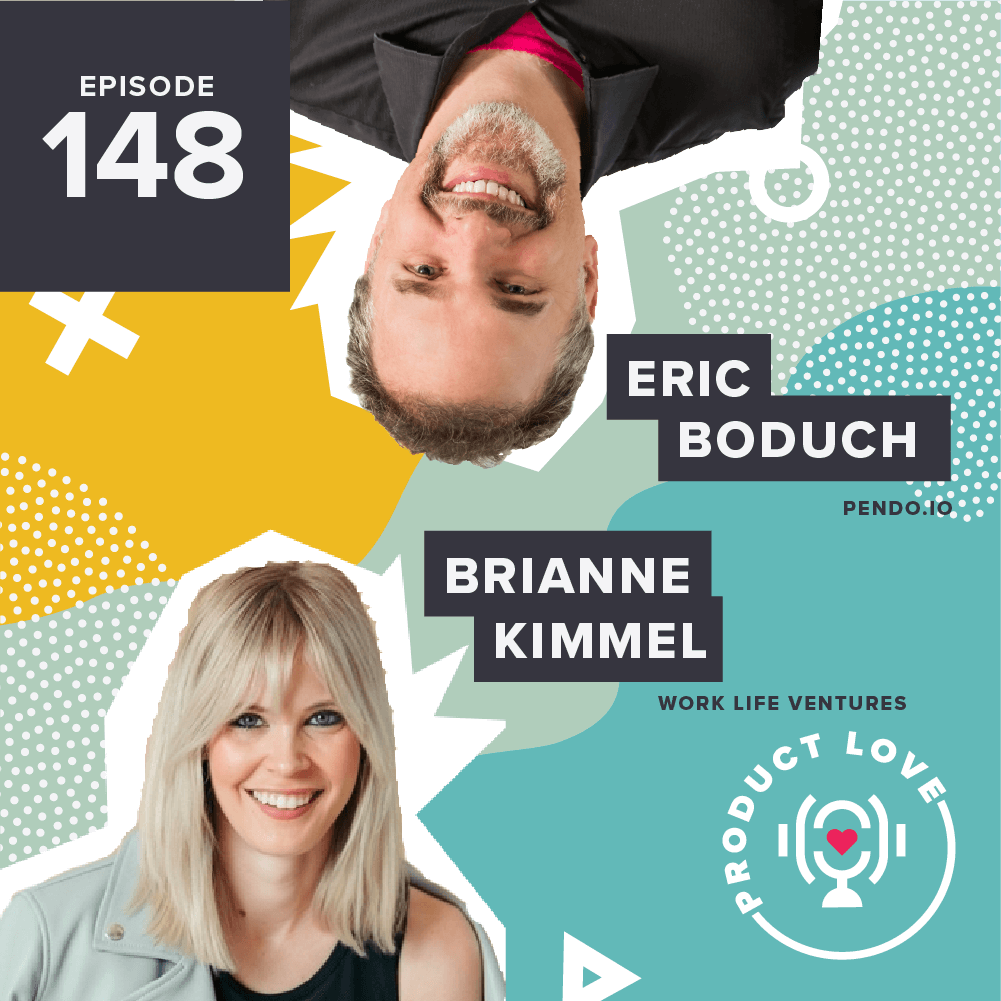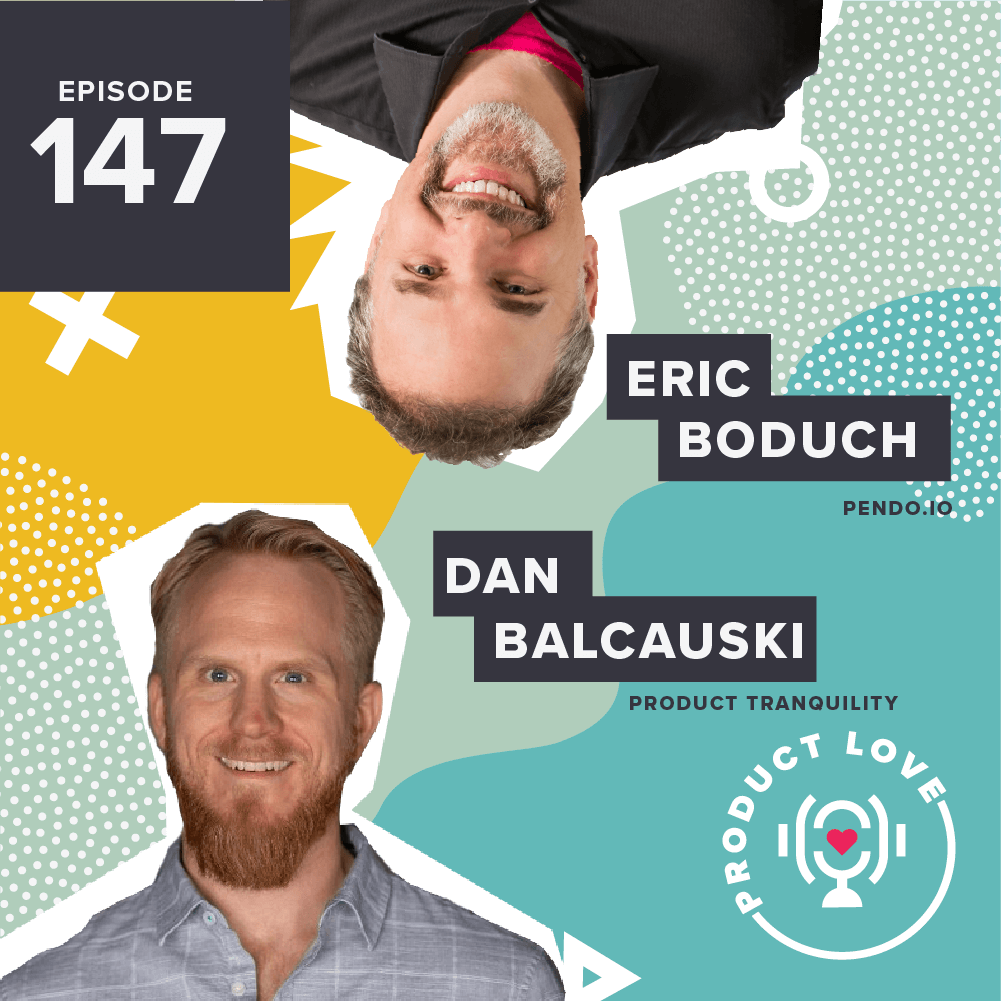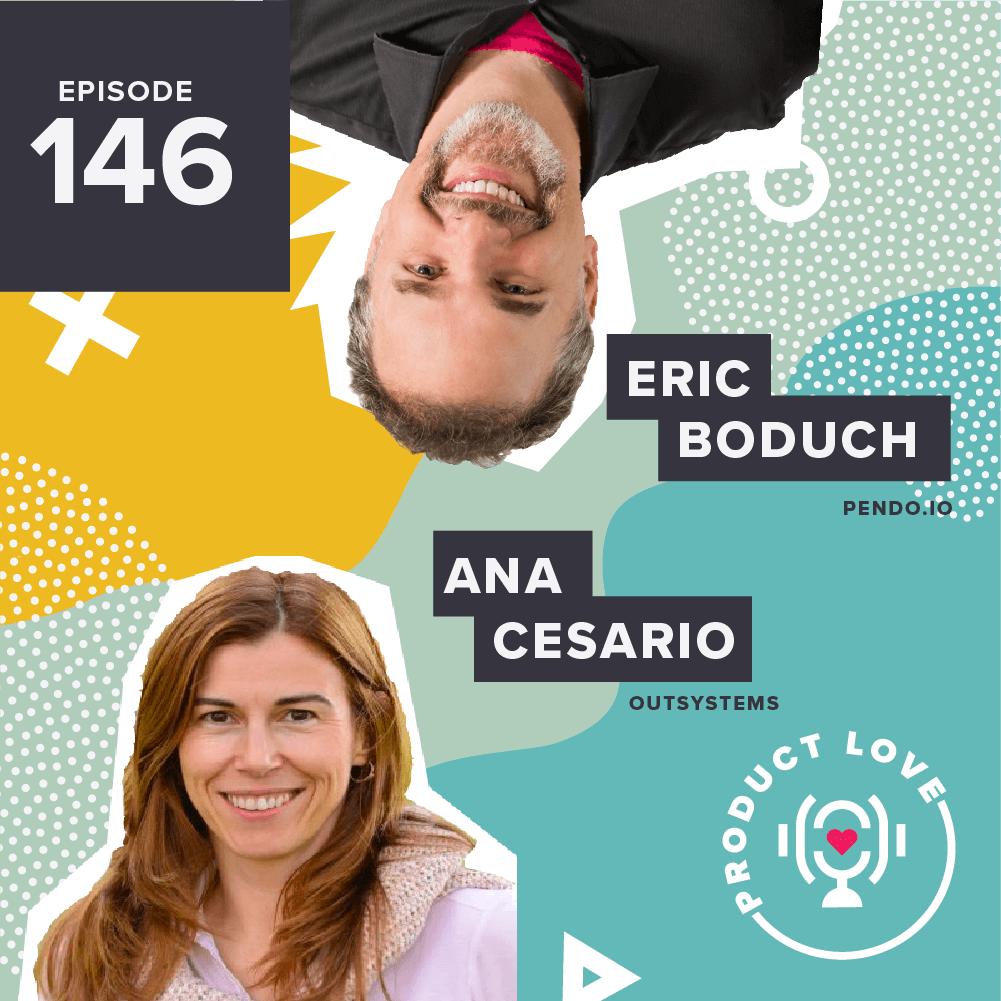This week on Product Love, I talked to Emily Wang, the Head of Product at Spoke. Interestingly enough, Emily attended a business school that did offer a course called Product Management 101. But she didn’t think it looked interesting, so she decided not to take it.
Instead, she started her own company, a wine recommendation app. All startup founders have to wear multiple hats, but the product side called to her the most. Emily enjoyed taking all of the curiosities and insights about a problem and coming up with a solution.
That’s a pretty apt definition of product management, right?
Emily then embarked on several product management jobs at companies like Teespring and Intercom.
In this week’s episode, Emily talks about product principles, roadmaps, and another favorite industry buzzword: artificial intelligence.
Product Principles
Each company has its own set of principles. It’s a framework that guides decisions and attitudes within the business context. When we start to solve a new set of problems, we always intuitively lean towards one solution over the other because of the product principles we’ve constructed together.
Emily says that product principles come up a lot more than we think. When we review particular design decisions, such as why we chose a toggle versus a dropdown, we inherently reference that framework we’ve set in the past. Product principles are important because they are truly a shorthand way to describe why organizations make decisions a certain way.
For instance, Spoke follows the idea of default open — anything inside of their web app is by default accessible to anyone. They still have user permissions and ways for information to be restricted, but by default, everything is open. And that ties into Spoke’s philosophy because they create software that helps teams collaborate and share information.
While product principles expedite the decision process, it’s a mentality that doesn’t always scale. Sometimes, product principles aren’t team constructs and are instead reliant on a single person’s opinion.
She points out that people are deeply inconsistent. The thoughts and opinions that formed your team’s product principles could have come from the collective mood at that moment, or as reactions to another event. Alongside us, our products also change. Emily raises a good point about the shelf life of these product principles. Your company evolves and so does your product and your teams — it’s only natural for these principles to be reevaluated and transformed as well.
What are your product principles? How were they made? Do you agree with their value today?
Figuring out the Roadmap
Data interpretation can be very flawed, as people bring a lot of assumptions to the table. Instead, Emily proposes thinking about your roadmap through different mental models and asking yourself a range of questions. What’s the logic for doing this? If we build this feature, what problem does it solve? What other opportunities open up?
Consider perishability — if I don’t solve this problem today, will a competitor solve it? Emily recommends putting together a strong case for why you should invest in something. Do as much user research and deep qualitative discovery interviews as possible, while correctly aligning the data to the problem you’re solving.
AI and Product Managers
The phrase “artificial intelligence” used to be something enigmatic, a promise towards a tech-oriented future. That’s not the case anymore. It’s today’s new buzzword. Consumers have heard so much about AI that it’s just expected. So where does product management stand in the growing field of AI?
According to Emily, product management won’t change much. PMs still need to understand their customers and their problems. AI is just another tool in a PM’s toolkit on how to solve the problem.
Check out the rest of this episode to learn more about Emily’s thoughts on Jobs to be Done and how design has gained a stronger seat at the table. Remember to subscribe and leave us a review on iTunes.


